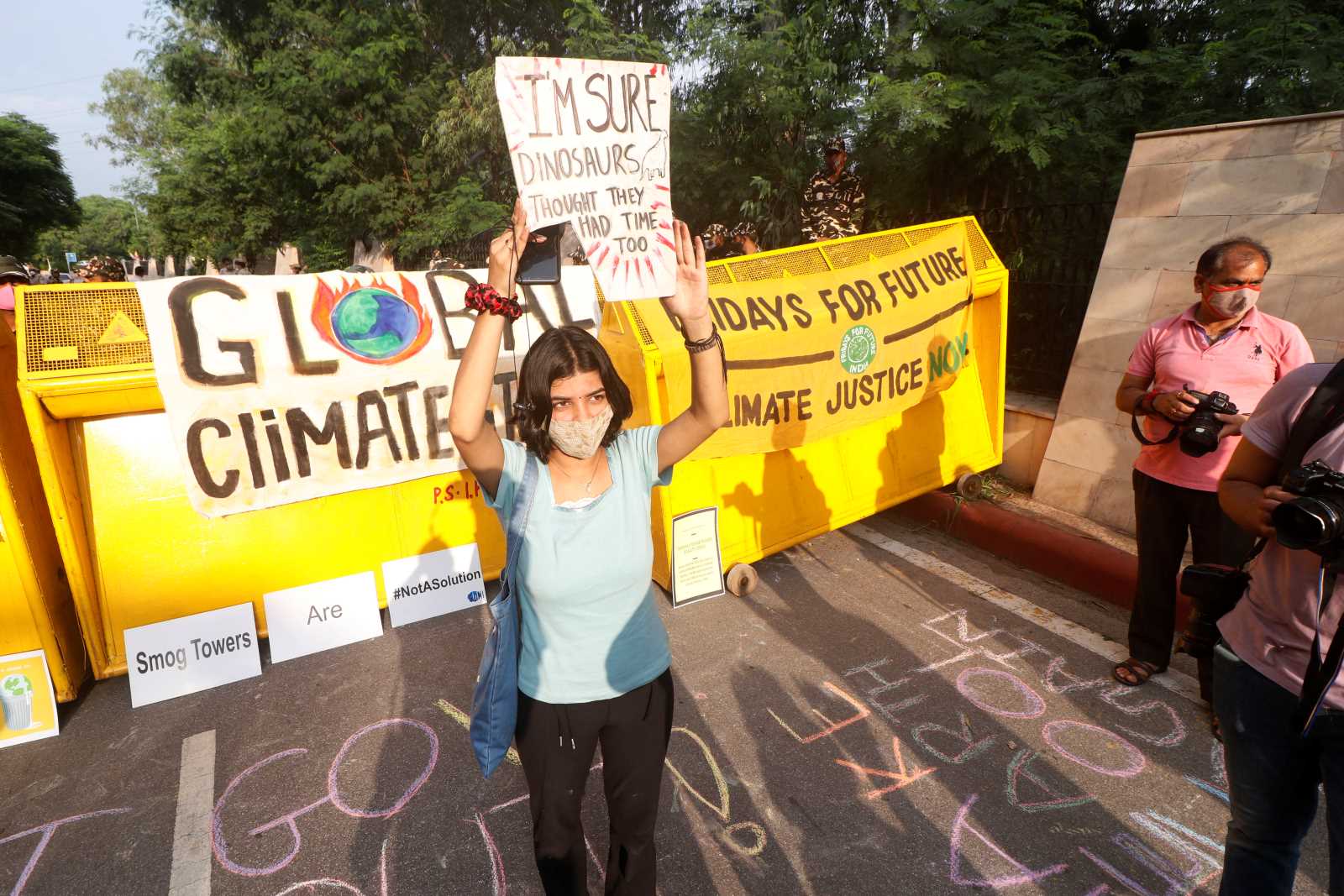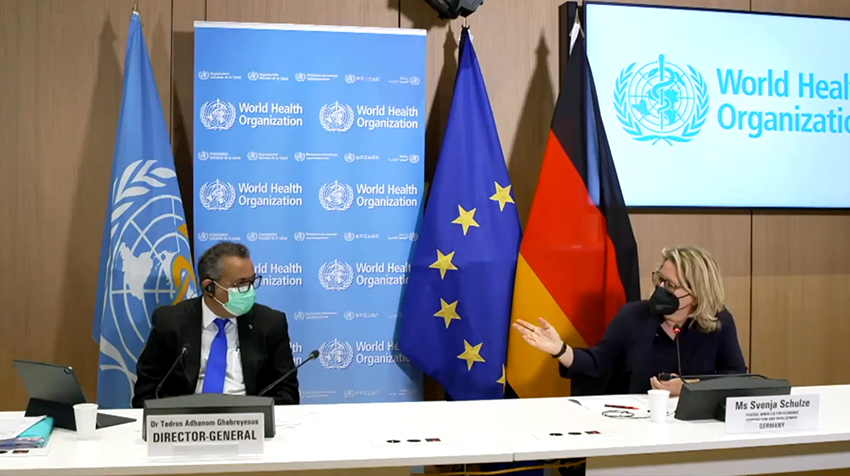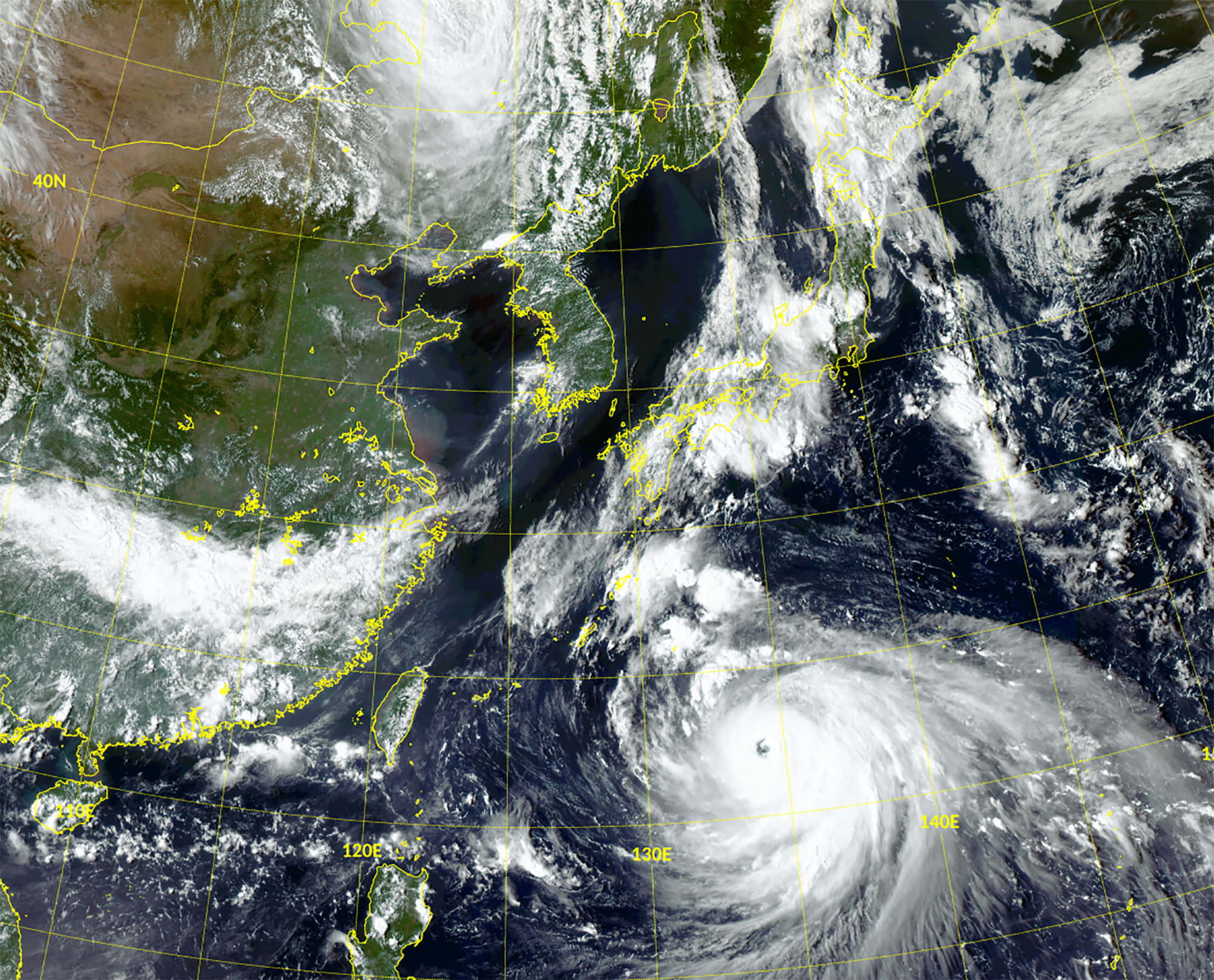SDGs
Moving forward in Mexico

The 2030 Agenda with its 17 Sustainable Development Goals (SDGs) and the Paris Climate Agreement show that the nations of the world are in fundamental agreement on the most important global challenges. Implementing these two agendas is now the daunting task at hand. Certain groundwork needs to be laid in order to achieve the SDGs as well as each country’s nationally determined contributions (NDCs) to climate protection. Going forward, it will be important that:
- ministries establish solid coordination mechanisms,
- funds are made available,
- national development plans are adjusted and
- regulatory instruments are developed and implemented.
None of this will be easy as the international community and its members confront huge challenges. Development cooperation (DC) in the spirit of the 2030 Agenda is new for all organisations involved. Some feel that the current approaches just need a few, minor tweaks, but dialogue on tangible action shows that more needs to happen. In addition to measuring progress made on the SDGs, structural issues that relate to policy formulation and implementation must be addressed. National development planning needs to adapt, and financial resources for sustainable development must be mobilised.
For Mexico, achieving the SDGs is essential to addressing several national challenges. Around 55 million of Mexico’s 127 million people live below the national poverty line. Sixty percent of those in work are employed in the informal sector without any kind of social protection. The country also experiences serious shortcomings in governance.
At the same time, Mexico is one of 12 world leaders in biodiversity. It ranks ninth among the top carbon emitters and generates 1.7 % of all global greenhouse gases. More than 90 % of the energy consumed in Mexico comes from fossil fuels.
The “2030 Agenda Initiative” of Germany’s Federal Ministry for Economic Cooperation and Development (BMZ) has tasked the Deutsche Gesellschaft für Internationale Zusammenarbeit (GIZ) with working with Mexico’s Office of the President to ensure the highest level of support for the transformations which the SDGs entail. The joint initiative has three priorities. It is designed to:
- accompany the work of the National 2030 Agenda Council which is to convene governmental and non-governmental agencies with the goal of advising the president on implementing the 2030 Agenda,
- support the elaboration of a Mexican strategy for the 2030 Agenda, and
- strengthen interaction between the public sector, civil society, the private sector and research.
One focus of the initiative’s work is on improving policy coherence, in particular when it comes to an integrated approach to implementing the SDGs and NDCs.
Interdepartmental mindset
Implementation of the SDGs and the Paris Agreement is in full swing. Mexico has set up a sustainability architecture and is drafting a plan for delivering on its NDCs.
GIZ has initiated dialogue on coordinating the two processes, and there is general agreement that Mexico would benefit from a mainstreamed approach. For the country’s environment ministry, the SDGs are an opportunity to spur on reforms to mitigate and adapt to climate change in sectors that are not conventionally its jurisdiction. For example, the 2030 Agenda will put climate change on the agenda of the ministries of the interior and of social development.
Anchoring the climate agenda at the core of Mexican politics requires political will at the top level. Mainstreaming with the 2030 Agenda can help since the President’s Office is in charge of the SDGs. Accordingly, the SDGs are given priority in all fields of Mexican development planning. Moreover, the government has been raising awareness for the 2030 Agenda among a wide range of stakeholders and the general public. It has launched information campaigns, hosted forms for debate and is considering educational formats for sustainable development. These are important steps for counteracting inevitable resistance to climate measures, such as phasing out subsidies that damage the climate or introducing emissions trading. Broad support is needed to ensure the long-term success of these reforms.
In Mexico, debate on climate change has largely been sector specific, so it is important to highlight the positive effect climate protection will have on achieving the SDGs in areas such as health, employment, technology and innovation. This way, mainstreaming the agendas can become a forceful argument. Such an approach can prevent negative impacts of climate action on other areas relevant to sustainable development. One example is the territorial rights of indigenous peoples in the context of renewable energy projects. This is a highly controversial topic in Mexico.
Climate protection will serve the SDGs in many obvious ways. An in-house report commissioned by the 2030 Agenda Initiative showed that meeting Mexico’s NDCs would have a positive effect on 47 SDG targets, including poverty reduction, employment and good governance.
Time is running out, and many countries have not recognised the win-win situation of combining climate and development policy. The two agendas are often executed in parallel instead of in concert. Once plans are set, however, it can become difficult to link them. For good reason, Mexico plans to coordinate its efforts from the outset.
How does mainstreaming work?
The 2030 Agenda Initiative is working at the interface between the President’s Office and Mexico’s environment ministry. There are three key dimensions to their efforts:
- Thematic: Interlinking the topics of the two agendas must mark Mexico’s future sustainable strategy in a way that promotes cross-sectoral debate and takes account of all advantages of climate action.
- Strategic: Drafting mainstreamed strategies will result in mobilising sufficient resources, including technology.
- Political: Climate debate at the highest political level will keep climate issues on the president’s agenda, ensuring solid and continuing political will.
The initial results are already in. The additional benefits of implementing the Mexican NDCs in light of the SDGs have been analysed and recently presented to key ministries for review. At the same time, an ongoing dialogue on integrating the agendas was established between the President’s Office and the environment ministry. The two authorities are increasingly cooperating on bilateral exchange with international partners. For example, they sent a joint Mexican delegation to Germany to discuss the 2030 Agenda and the implementation of the NDCs.
One positive outcome is that civil servants from the President’s Office are actively involved in important interdepartmental coordination concerning Mexico’s NDCs. Conversely, the environment ministry will have a special role in keeping climate issues high on Mexico’s sustainability agenda.
The first steps have been taken. Now the mainstreaming of the agendas has to be reflected in implementation. Poverty-reduction programmes need to include instruments for reducing vulnerability to climate disasters. Investment programmes should promote entrepreneurship in green sectors.
Resources freed up by phasing out subsidies that harm the climate must be reinvested so they benefit everyone. Core projects, like starting a Mexican energy revolution or introducing emissions trading, should continue to move forward.
Global crises shorten the attention span of politics and the public. Political priorities and positions change rapidly. The mainstreamed implementation of the 2030 Agenda and the Paris Agreement – by 2030 and beyond – will require stamina. German-Mexican cooperation will help us shift from sprint to marathon mode.
Helge Arends heads the GIZ’s 2030 Agenda Initiative in Mexico.
helge.arends@giz.de













